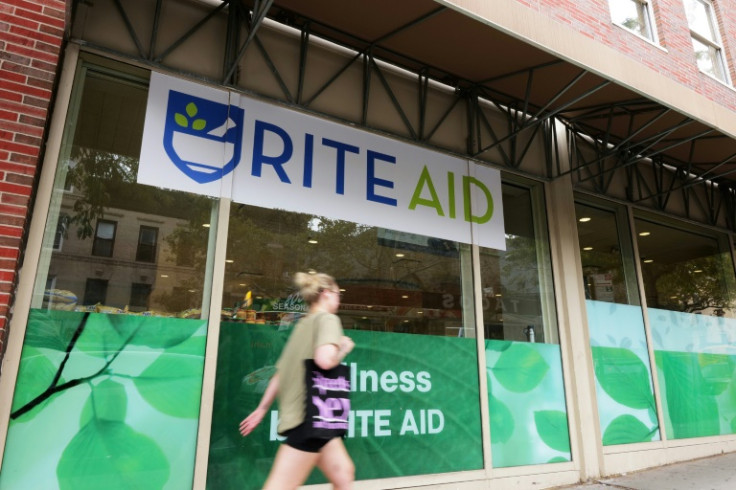
NEW YORK CITY - In cities across the U.S., major retail as well as independent pharmacies have closed hundreds of stores over the past few years, leaving communities of color with less access to public health care services, a new report by the Associated Press shows.
The report, which looks at licensing data from 44 states, the National council for prescription Drug Programs and the American Community Survey, shows that neighborhoods with majority Black and Hispanic residents have fewer pharmacies per capita than mostly white neighborhoods.
Among these communities, the AP also analyzed data from 49 states and found those with the fewest retail pharmacies per capita include Alaska, Oregon and New Mexico.
These closures can create "a situation where there's not just (a lack of) investment in terms of pharmacy development and expansion, but there's no incentive to stay in those neighborhoods," said Dima Qato, a professor of clinical pharmacy at the University of Southern California who has studied pharmacy access.
For instance, MAC Pharmacy is the only pharmacy serving about 20,000 people in a majority Black ZIP code in Cleveland.
Pharmacists play a significant role in managing chronic diseases like diabetes and heart-related issues, which Black and Hispanic people are more likely to be diagnosed with. This is why pharmacies, independent or chain, can be a critical aspect for their communities, AP News reports.
In these communities, the staff can know every customer's names and drugs, answer questions about residents' mail-order prescriptions or can spot the signs of serious illness.
Similarly, when pharmacists or pharmacy technicians reflect their customer base, it can be easier to build a strong rapport and trust, according to Jasmine Gonzalvo, a professor at Purdue University who has researched the needs of Spanish-speaking patients at pharmacies.
She also noted that because of this, if people don't feel comfortable asking questions about the medication, it might mean they don't take it or don't take it correctly.
"You don't get a refill, simply because there were barriers in the way of your communicating and feeling safe in that relationship with your pharmacist," Gonzalvo told AP News.
But while Black and Hispanic communities are feeling the impact more, the closures of pharmacies is an industry-wide issue.
Bid drugstore chains still have thousands of locations, and more than 24,000 independent pharmacies are still standing, according to AP News. but drugstores routinely close because they aren't doing well or the population has dropped. The pace of closures is also picking up.
CVS said in 2021 that it planned to close 900 stores over three years; more than 600 already have shuttered. Rite Aid is expected to close hundreds as it works through a bankruptcy reorganization.
"I think what (drugstores) have realized in the past couple years is that they are a little thinly spread out," said Keonhee Kim, an analyst at the research firm Morningstar.
Although a clear-cut answer has not yet been identified as to why pharmacies are closing at a rapid pace, governments are starting to pay attention, with some states planning to study pharmacy closures, according to the National Conference of State Legislatures.
"If healthcare is seen as a right, not a privilege," Omolola Adepoju, a University of Houston health services researcher, "then you shouldn't be able to just shut it down because you submitted paperwork and you put a notice on the front of your door."
© 2025 Latin Times. All rights reserved. Do not reproduce without permission.





